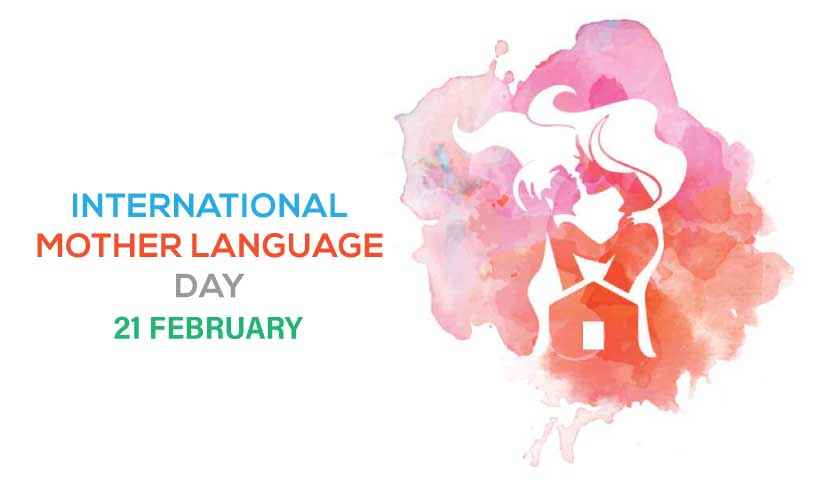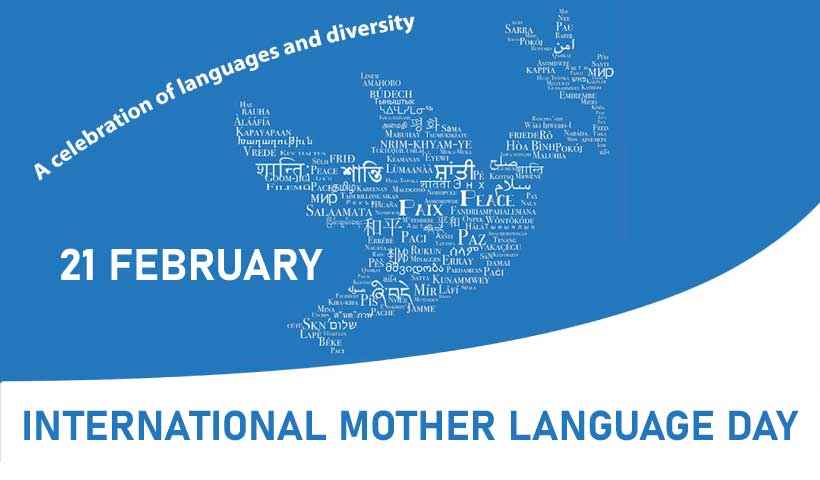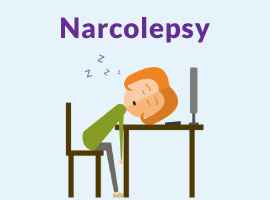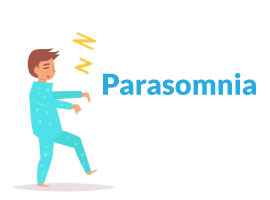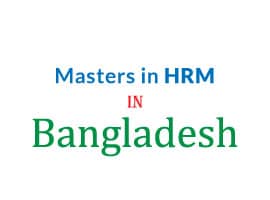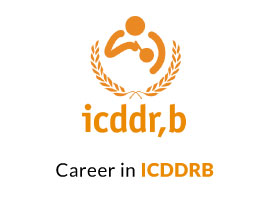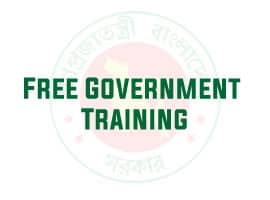February 21st is a day of pride for all Bengali-speaking people including Bangladesh. This unforgettable and inspiring day for the Bengali nation is also known as Martyrs Day and International Mother Language Day. It is recognized as a day full of sad and glorious memories of the Bengali people's language movement.
This day is a mournful, glorious, prideful eternal light in the life of the nation. February 21, 1952, was the first Bengali resistance in opposition to colonial rule and exploitation and the first emergence of national consciousness.
Salam, Barkat, Rafiq, Jabbar, and Safiur shed their fresh blood while preserving the dignity of their mother tongue Bengali on that day. This is the first example in the history of the world of pouring blood on the streets for the mother tongue. And through this, the struggle for the development of Bengali ethnicity was initiated and culminated in the emergence of independent Bangladesh through the glorious path of the Liberation War.
Historical Background
Professor Abul Kashem, a teacher at Dhaka University founded a literary and cultural organization named 'Tamaddun Majlish'. And on September 1, 1947, the language movement started with the hand of this organization. The TamaddunMajlish published a pamphlet titled 'Pakistan's State Language: Bangla-Na Urdu?'' on 15th September. Kazi Motahar Hossain, Abul Mansoor Ahmed, and Professor Abul Kashem are the authors of the pamphlet. They made a strong case for the establishment of Bengali as the language of communication, office, and court.
The Constituent Assembly of Pakistan decided on Urdu and English as official languages on February 23, 1948. Then Dhirendranath Dutta was the representative of East Bengal in the Constituent Assembly. He proposed to accept Bengali as the language of the Constituent Assembly along with Urdu and English as the language of the majority of the people of Pakistan. But his proposal was rejected in the Pakistan Constituent Assembly, and as a result protests and demonstrations started in East Bengal.
Following this, the National Language Struggle Council formed a meeting on February 27. The meeting determined to hold a nationwide strike on March 11, demanding the recognition of Bengali as the national language of East Pakistan. From 1948 to 1951, March 11 was celebrated as National Language Day.
Muhammad Ali Jinnah announced at a civic reception at the Race Course Grounds that 'Urdu and only Urdu shall be the sole state language of Pakistan' and the student leaders and crowd present at the rally immediately protested his speech. It was on March 21, 1948.
On March 24, 1948, while giving a speech in the convocation ceremony held at Curzon Hall of Dhaka University titled 'Students Role in Nation Building', categorically rejected the demand to establish Bengali as the state language and said, 'Pakistan will have one state language and that is Urdu, only Urdu will show Pakistan's Muslim identity.'
Jinnah's speech created a strong reaction in the convocation and the students stood up and protested saying "No! No!". As a result of Jinnah's clear anti-Bengali stance, the language movement in East Pakistan gained more acceptances.
The second phase of the language movement began on January 27, 1952, with the speech of Khwaja Nazimuddin. On this day, in a public meeting at Paltan Maidan, he repeated Jinnah's words and said, "Urdu will be the national language of Pakistan".
Students held a strike in Dhaka on January 30, protesting Nazimuddin's speech. On that day, the student leaders gathered at Amtala and decided to hold a strike and protest meeting on February 4 and a nationwide strike on February 21. Later they marched towards Burdwan House.
The next day on January 31, 1952, in a meeting held at the Bar Library Hall of Dhaka University, under the chairmanship of Maulana Bhasani, Kazi Golam Mahbub was convened and the 40-member 'All-Union Central National Language Workers' Council was formed'. In its meeting on 21 February, this council adopted the action plan for a strike, rally, and procession.
On February 20, the government through the local administration issued Section 144 banning gatherings and processions in Dhaka for one month from February 21. The students of Dhaka University held a meeting in different halls and decided to violate Article 144.
On February 21, according to the pre-scheduled program, students from various educational institutions gathered at Dhaka University premises from 9 am. They raised slogans against the promulgation of Article 144 and urged the members of the East Bengal Legislature to consider the opinion of the general public about the Bengali language. Around 2 o'clock, Abdul Matin and Ghaziul Haque, and other leaders remained adamant in their demands.
When the students marched in small groups and came out on the streets with slogans and banners of 'Rashtrobhasha Bangla Chai', the police lashed them. Even the students were not spared from this attack. When the students started pelting bricks at the police, the police used tear gas. The police failed to control the agitating students and opened fire on the march toward the Constituent Assembly building.
Abdul Jabbar, Rafiq Uddin Ahmed, and Abul Barkatwere killed in police firing. Many injured were admitted to the hospital. As the news of the student's killing spread quickly, the public erupted into intense anger. On February 22, the Nurul Amin government hurriedly brought a resolution to recognize Bengali as the state language of Pakistan in the Legislative Council, and the resolution passed unanimously.
After independence in 1971, the father of the nation Sheikh Mujibur Rahman took the initiative to give the Bengali language a full form of globalization. His initiative was first implemented in the United Nations General Assembly. The United Nations operates in five languages.
Presidents, Prime Ministers, and appointed representatives of the United Nations of all countries give speeches in any of the five languages. Only Bangabandhu Sheikh MujiburRahman gave a speech in Bengali as a member of the United Nations General Assembly on March 23, 1974, so the world came to know the greatness of the Bengali language.
Initiative Behind for UNESCO International Mother Language Day
21st February started to be celebrated as ‘Martyrs Day’ in Bangladesh. However, some patriotic Bengali people wanted to let the world know about the bravery and sacrifice that Bangladeshi people did for the sake of their mother tongue. This journey started at the hand of Abdus Salam and Rafiqul Islam, who are then living in Vancouver, Canada. They wrote a letter to the then UN Secretary-General, Kofi Annan. In this letter, they asked him to take the necessary steps for saving the world’s languages from extinction by declaring an International Mother Language Day. The day was proposed on 21st February to commemorate the massacre of the language movement in 1952.
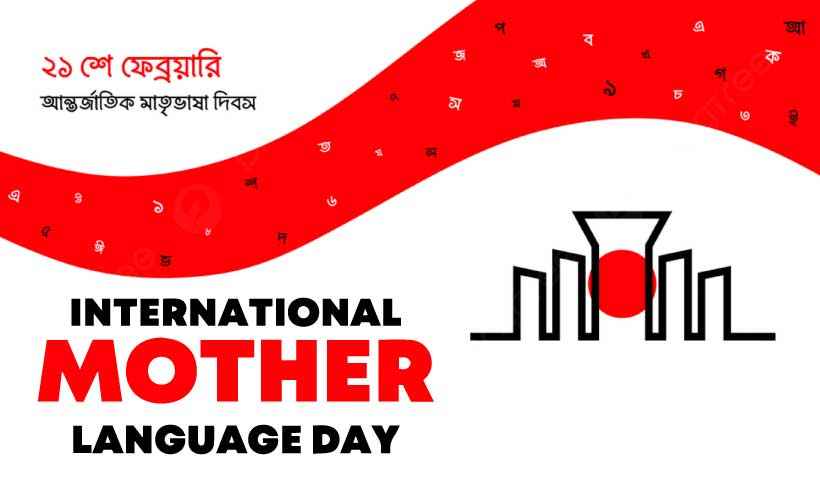
Rafiqul Islam’s proposal was introduced to the Parliament of Bangladesh and on behalf of then Prime Minister Sheikh Hasina, a formal proposal was submitted to UNESCO. Then Bangladesh's ambassador to France and Permanent Representative to UNESCO Syed Muazzem Ali and his predecessor Tozammel Tony Huq, then special advisor to UNESCO Secretary General Federico Mayor, plays a magnificent role on bring the proposal to the UNESCO’s regulatory system. And finally, on 17 November 1999, 21st February was declared as ‘International Mother Language Day’ by the 30th General Assembly of UNESCO.
When is the International Mother Language Day Celebrated
The celebration of Amar Ekush across the world as 'International Mother Language Day' is undoubtedly a matter of great national pride and honor. Since 2000, UNESCO member states celebrate this day as International Mother Language Day. After UNESCO, the United Nations also recognized 21 February as 'International Mother Language Day'. It was recognized by the United Nations General Assembly on 5th December 2008. The Foreign Office presented a resolution on 'Culture for Peace' to the UN General Assembly. 124 countries of the world including India, Japan, Saudi Arabia, and Qatar supported this
resolution.
International Mother Language Day Activities
21st February Day started to be celebrated in 1953. On this day, people from all walks of life participate in the morning procession barefoot and visit the Shaheed Minar to pay their respects and offer floral tributes. On that day people wear black badges and black dresses as a sign of mourning. Besides, the memory of the language movement is honored through discussion meetings, cultural events, etc.
No nation can progress without the protection, development, and practice of the mother tongue. And this is proof that the Bengali nation does not back down to give its life to protect its motherland and mother tongue.

